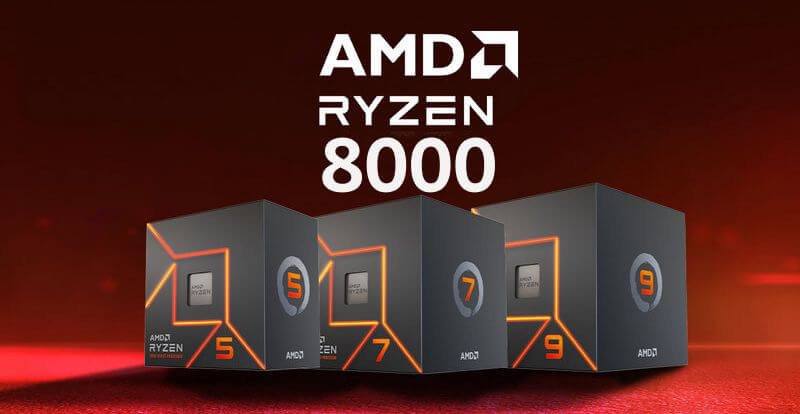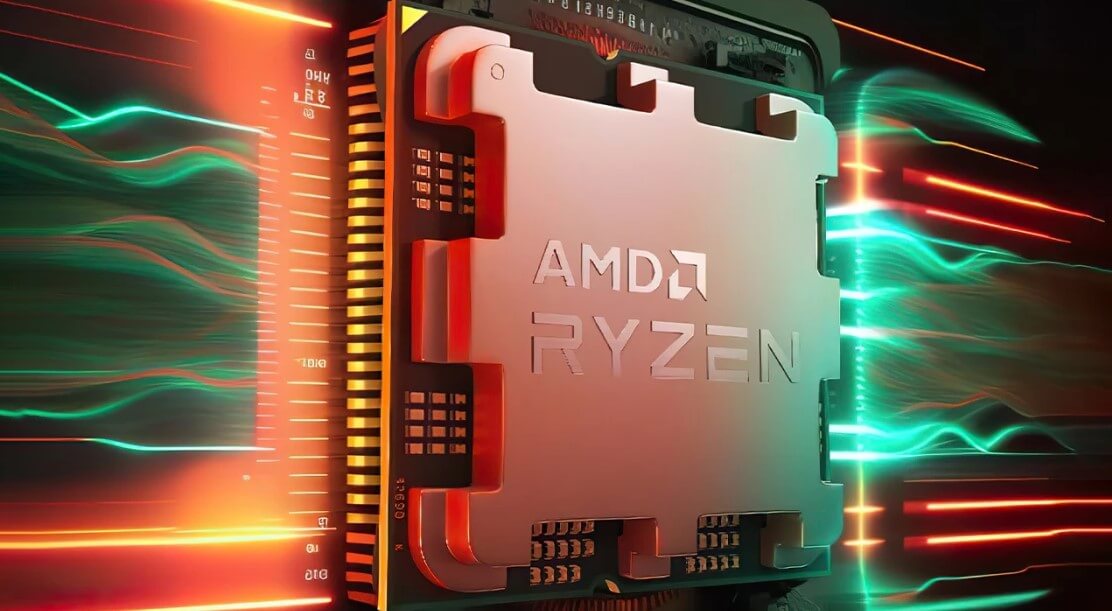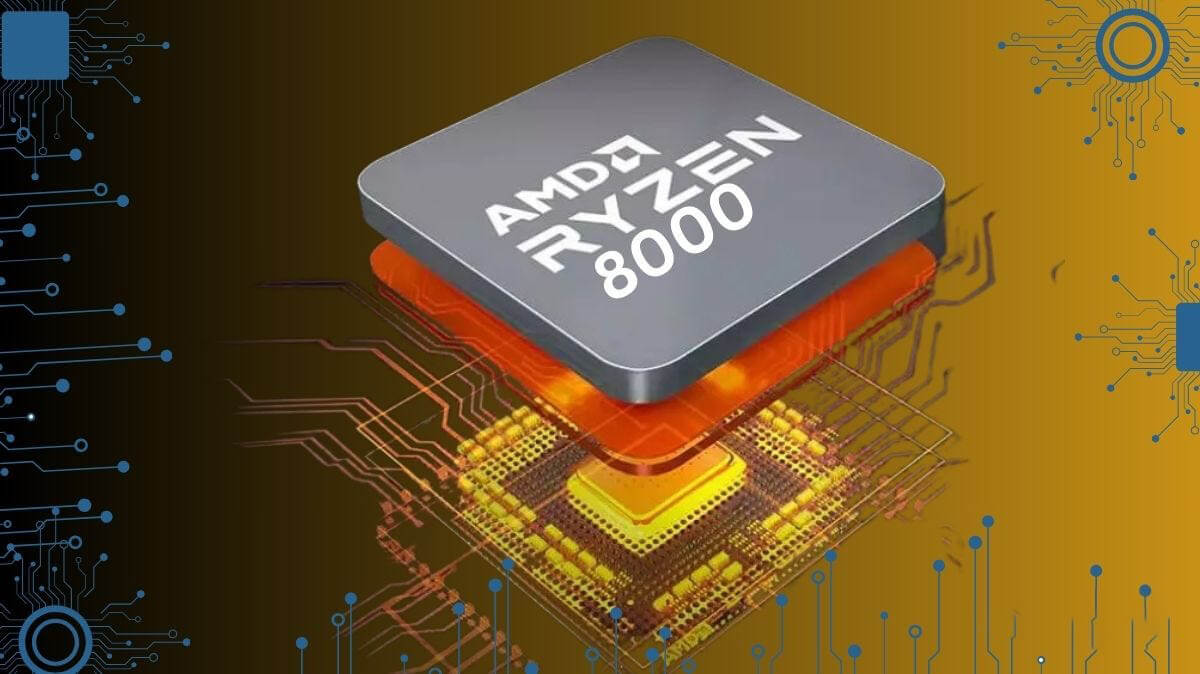In the ever-evolving world of technology, processors play a crucial role in determining the performance and capabilities of our devices. AMD, a leading semiconductor company, has consistently pushed the boundaries of innovation with its Ryzen series processors. As enthusiasts eagerly await the next generation, the AMD Ryzen 8000 series promises to revolutionize the future of computing. In this article, we will delve into the anticipated features, advancements, and potential impact of the AMD Ryzen 8000 series.
To understand the significance of the Ryzen 8000 series, it is essential to trace the evolution of the Ryzen family. AMD’s Zen architecture, introduced with the Ryzen 1000 series, marked a turning point for the company. It provided impressive performance gains and competitive pricing, challenging Intel’s dominance in the market. Subsequent iterations, such as Ryzen 2000, 3000, 5000, and the upcoming 6000 series, further solidified AMD’s position as a formidable competitor.
The Ryzen 8000 series is expected to be built on the Zen 5 architecture, a significant leap forward in terms of performance and efficiency. Although specific details are scarce, early rumors suggest notable improvements in clock speeds, power efficiency, and overall IPC (Instructions Per Clock). With each iteration, AMD has consistently narrowed the gap between itself and Intel, and the Zen 5 architecture is poised to continue this trend.

One aspect that has set AMD apart from Intel is its emphasis on core count. While Intel has traditionally focused on higher clock speeds, AMD has prioritized providing more cores at a competitive price point. The Ryzen 8000 series is rumored to maintain the same core count as its predecessors. This approach allows for superior multi-threaded performance, making these processors ideal for content creators, gamers, and professionals who rely on resource-intensive applications.
Memory bandwidth is crucial for smooth and efficient data processing. The Ryzen 8000 series is expected to introduce support for DDR5 memory, which offers higher speeds, increased capacity, and lower latency compared to DDR4. This advancement will further enhance the overall performance and responsiveness of the processors.
Additionally, rumors suggest that the integrated graphics capabilities of the Ryzen 8000 series could rival discrete graphics cards. This development would be a game-changer, enabling casual gamers and those with budget constraints to enjoy smoother gaming experiences without the need for a separate graphics card.

As of now, AMD has not provided any official information regarding the release date of the Ryzen 8000 series. However, based on industry speculation, it is anticipated to launch in late 2024. Pricing details are also uncertain, but it is expected that AMD will continue to offer competitive pricing, making the Ryzen 8000 series an attractive option for consumers.
The impact of the Ryzen 8000 series on the market will likely be significant. With each generation, AMD has gained market share, challenging Intel’s long-standing dominance. The Ryzen 8000 series has the potential to further disrupt the market, especially if it delivers on the rumored improvements and maintains AMD’s competitive pricing strategy.
The AMD Ryzen 8000 series represents the next chapter in AMD’s ongoing quest for technological excellence. With advancements in architecture, performance, memory support, and integrated graphics, these processors have the potential to reshape the computing landscape. As we eagerly await official announcements and release dates, it is clear that the Ryzen 8000 series will continue AMD’s legacy of innovation, empowering users with unparalleled performance and capabilities.





